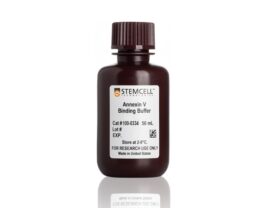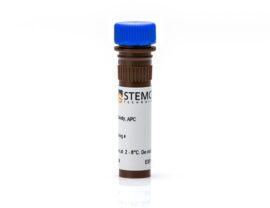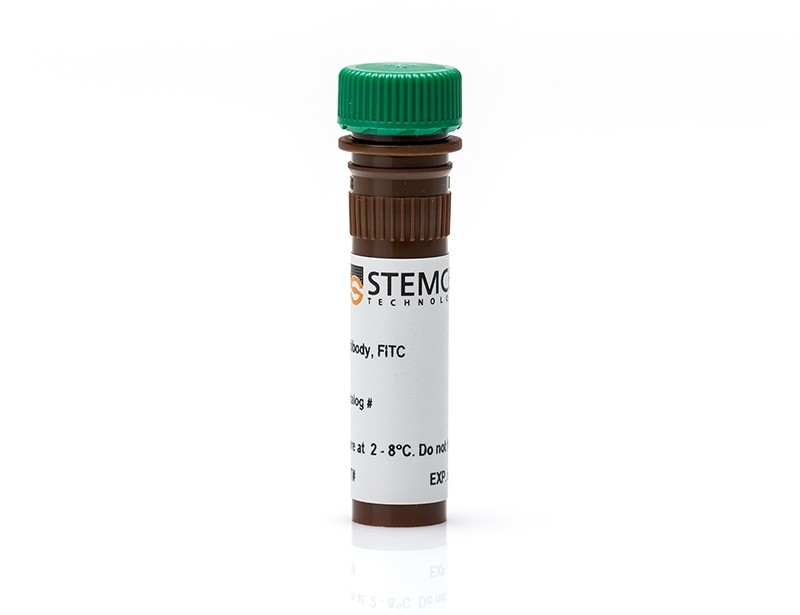
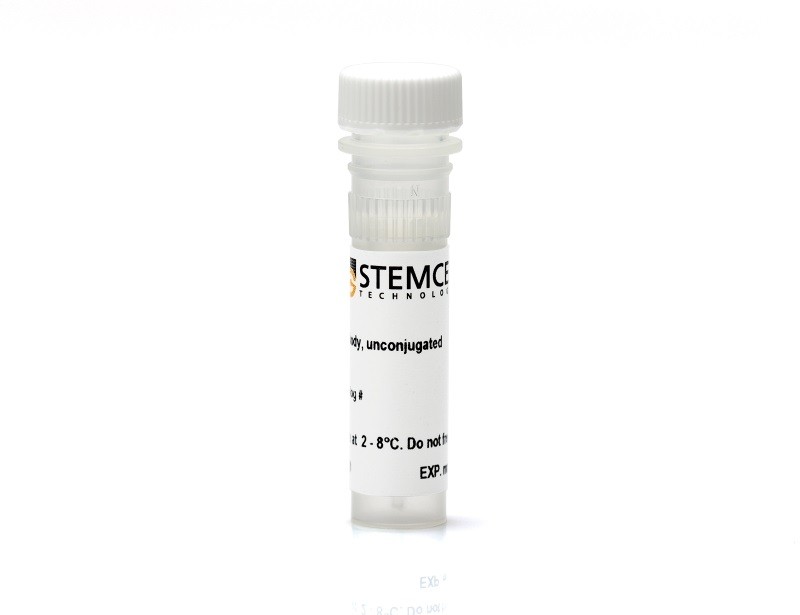
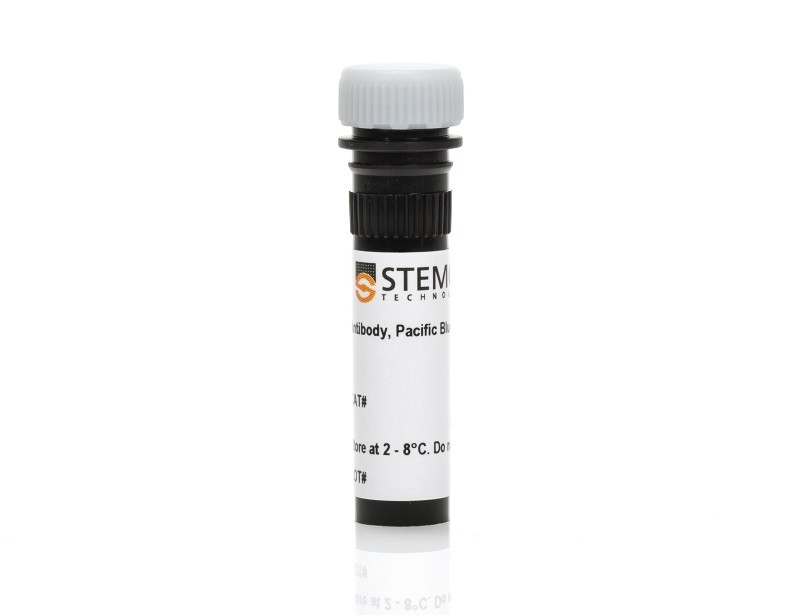
Overview
The GoH3 antibody reacts with CD49f (integrin α6), an ~150 kDa transmembrane glycoprotein that associates non-covalently with CD29 (integrin β1) or CD104 (integrin β4) to form the heterodimeric receptors VLA-6 and α6β4, which bind the extracellular matrix protein laminin. CD49f is a disulfide-linked dimer comprising an ~120 kDa heavy chain and an ~30 kDa membrane-bound light chain. Splice variants exist, which affect the cytoplasmic domain of the protein. CD49f is expressed on the surface of T cells, monocytes, platelets, placental trophoblasts, epithelial cells, and endothelial cells. It is involved in cell adhesion and regulating signaling pathways involved in a variety of processes, including the activation and proliferation of T cells, and the differentiation and maintenance of stem cell pluripotency. CD49f is considered the most important marker for selecting mouse mammary stem and progenitor cells. The GoH3 antibody reacts with an extracellular epitope on CD49f and reportedly blocks integrin α6 function in vivo and binding of integrin α6 to laminin in vitro.
Subtype: Primary Antibodies
Target Antigen: CD49f (Integrin α6)
Alternative Names: α6 integrin, integrin α6, VLA-6α chain
Reactive Species: Human; Mouse; Rhesus; Cynomolgus; Baboon; Chimpanzee; Capuchin Monkey; Cat; Cow; Dog; Horse; Pig; Rabbit; Sheep
Conjugation: Alexa Fluor 488; APC; Biotin; FITC; PE; Unconjugated; Pacific Blue
Host Species: Rat
Cell Type: Mammary Cells
Application: Flow Cytometry; Functional Assay; Immunocytochemistry; Immunofluorescence; Immunohistochemistry; Immunoprecipitation
Area of Interest: Immunology; Epithelial Cell Biology
Clone: GoH3
Gene ID: 16403/3655
Isotype: IgG2a, kappa







